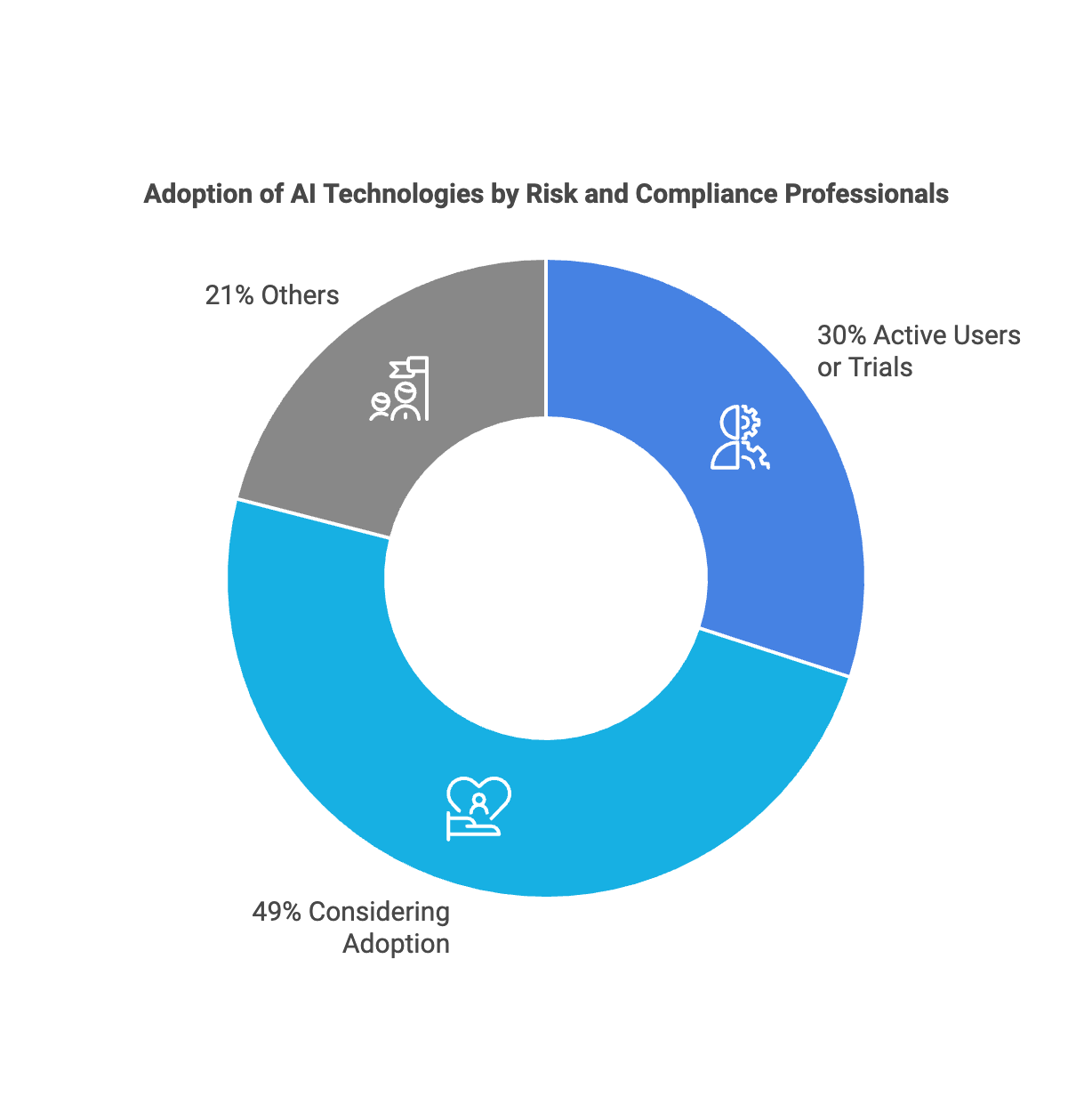
Introduction: The Compliance Transformation Landscape
In the intricate world of regulatory management, artificial intelligence emerges as a transformative force, fundamentally reshaping how organizations navigate complex compliance landscapes. This comprehensive exploration unveils the multifaceted role of AI in revolutionizing regulatory compliance, offering unprecedented insights into technological innovation and strategic adaptation.
The Regulatory Complexity Challenge
Modern organizations face an increasingly complex regulatory environment characterized by:
- Rapid technological changes
- Global interconnectedness
- Escalating compliance requirements
- Significant financial risks
Global Regulatory Complexity Index (Estimated)
| Region | Complexity Score | Annual Regulatory Updates | Compliance Cost (% of Revenue) |
|---|---|---|---|
| North America | 8.7 | 237 | 4.5% |
| European Union | 9.2 | 312 | 5.2% |
| Asia-Pacific | 7.5 | 186 | 3.8% |
| Middle East | 6.9 | 145 | 3.3% |
Historical Evolution of Compliance Management
Pre-Digital Compliance Era (1970-2000)
- Manual documentation
- Limited technological intervention
- Reactive regulatory approaches
- High human error rates
Digital Transformation Phase (2000-2015)
- Initial software-based compliance tools
- Basic automation
- Emerging regulatory technology
- Limited artificial intelligence integration
AI-Driven Compliance Revolution (2015-Present)
- Advanced machine learning algorithms
- Real-time regulatory intelligence
- Predictive compliance modeling
- Intelligent risk management systems
Technical Architecture of AI Compliance Systems
Core Technological Components
Natural Language Processing (NLP)
- Regulatory document interpretation
- Contextual understanding
- Multi-language support
Machine Learning Algorithms
- Predictive risk modeling
- Pattern recognition
- Continuous learning mechanisms
Data Integration Frameworks
- Multi-source data aggregation
- Real-time monitoring
- Comprehensive regulatory mapping
AI Compliance Technology Maturity Model
| Maturity Level | Characteristics | Technology Sophistication | Organizational Impact |
|---|---|---|---|
| Level 1: Basic | Rule-based systems | Low | Minimal efficiency gains |
| Level 2: Intermediate | Basic machine learning | Medium | Moderate automation |
| Level 3: Advanced | Complex predictive models | High | Significant transformation |
| Level 4: Intelligent | Self-learning systems | Very High | Strategic competitive advantage |
Industry-Specific Compliance Transformations
Financial Services
- Fraud detection
- Anti-money laundering monitoring
- Risk assessment
- Regulatory reporting automation
Healthcare
- Patient data privacy
- Medical record compliance
- Insurance regulation management
- Clinical trial monitoring
Technology Sector
- Data protection frameworks
- Cybersecurity compliance
- Ethical AI governance
- International technology standards
Advanced AI Compliance Capabilities
Predictive Risk Management
- Proactive threat detection
- Scenario modeling
- Real-time risk scoring
- Continuous compliance monitoring
Intelligent Document Processing
- Automated contract analysis
- Regulatory document classification
- Anomaly detection
- Compliance recommendation generation
Global Regulatory Technology Landscape
Emerging Compliance Frameworks
- GDPR evolution
- AI governance standards
- Cross-border data protection
- Ethical technology regulations
Regional Compliance Technology Adoption
| Region | AI Compliance Technology Adoption Rate | Average Investment (Millions USD) |
|---|---|---|
| United States | 62% | $15.7 |
| European Union | 55% | $12.3 |
| China | 48% | $9.6 |
| India | 35% | $5.2 |
| Brazil | 28% | $3.8 |
Challenges and Limitations
Technological Constraints
- Algorithm bias
- Data privacy concerns
- Explainability challenges
- Continuous model training
Ethical Considerations
- Transparency requirements
- Human oversight
- Accountability frameworks
- Responsible AI development
Future Outlook: Compliance Technology Predictions
5-Year Technological Roadmap
- Quantum computing integration
- Blockchain-enhanced compliance
- Hyper-personalized regulatory intelligence
- Autonomous compliance systems
Conclusion: Navigating the AI Compliance Revolution
Artificial intelligence represents a paradigm shift in regulatory compliance management, offering organizations unprecedented capabilities to manage complex global regulatory landscapes efficiently and strategically.
By embracing advanced AI technologies, businesses can transform compliance from a traditional cost center into a dynamic, intelligent strategic asset.
Key Takeaways
- AI enables proactive compliance management
- Technology drives regulatory efficiency
- Continuous adaptation is crucial
- Human expertise remains fundamental
Methodology and Research Acknowledgments
This comprehensive analysis synthesizes insights from global technology research institutions, regulatory bodies, and industry experts, providing a holistic perspective on AI‘s transformative role in compliance management.










